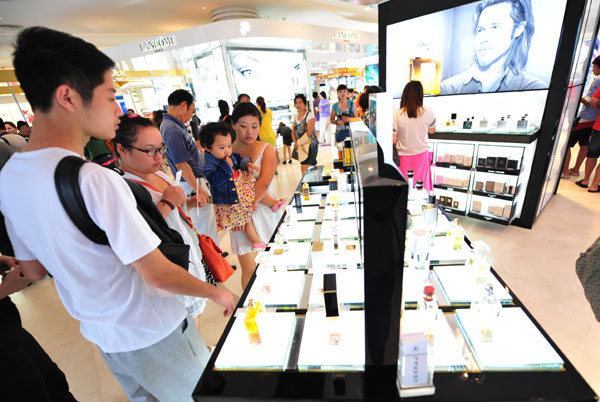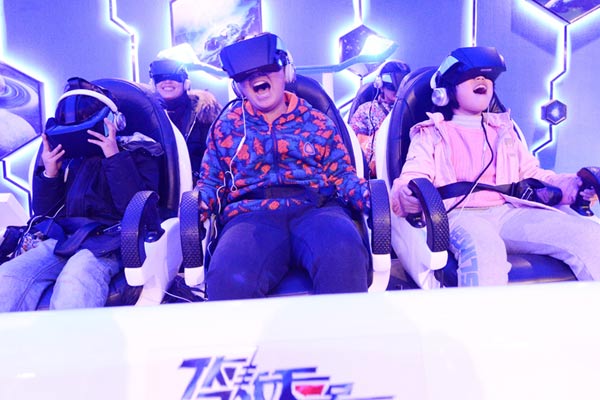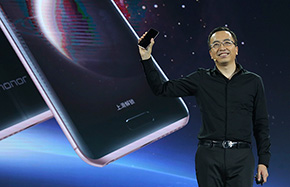Shoppers becoming smarter
|
Customers at a duty-free store in Sanya, Hainan province. An Accenture survey found that the majority of Chinese consumers research an item online before making a purchase. [Photo/Xinhua] |
Accenture study reveals 90% now use Internet to find best buys
Chinese shoppers have become far smarter than their Western counterparts at checking product information online before taking the plunge, according to a new report from the global consulting firm Accenture.
The study, which garnered opinions from more than 500 people across the country, said the proportion of respondents doing research online topped 90 percent, which Fabio Vacirca, global managing director of consumer goods and services of Accenture, said was one of the highest worldwide.
Social media, such as the Twitter-like Sina Weibo, played an increasingly critical role with the same percentage of Chinese people using micro blogs to learn about products or service delivery - also, one of the highest figures of any country covered in the survey.
China's 600 million Internet users mean it is the world's biggest online shopping hub.
About 74 percent of the respondents were found to trust the comments they found on social media sites about companies, posted by people they know, compared to 68 percent in 2011.
"On digital media, you have a tsunami of information. In the digital world, there is a third element, the influencer, added to the two elements of shoppers and consumers that companies used to watch closely in a traditional model.
"A teenager can be influenced easily by the people in their group. This is growing at a fast speed, on a huge scale in China," said Vacirca.
"On one side, you have new consumers coming from rural China to urban China who are becoming first-time users of branded goods.
"But at the same time, you have consumers who are the first generation of Internet users," Vacirca added.
"With social media, they talk and comment on brands. Therefore, branded goods companies have to capture consumers from rural China and an already very digitalized group of consumers at the same time.
"With the two overlapping, this market is very powerful," he said.
Some brands from all over the world, including China, are now just basing their campaigns on the influence of social networks, which are proving more effective in some cases, and almost always cheaper in terms of marketing, Vacirca added.
Accenture's report also said that China's urbanization process is playing a huge part in influencing how people shop.
The report estimated that as approximately 13 million people in China move to different cities each year, online shopping and research are opening up areas of China not previously available to retailers.
"Consumers from rural China are not used to buying any branded goods. But they are exposed to branded goods for the first time, and if you have a good product, households become loyal to that brand," said Vacirca.
China is not yet considered a consumption economy.
The contribution of household consumption to China's GDP was just 38.8 percent in 2010, compared to the 71 percent in the United States and 50 to 60 percent in most European and other BRICS countries.
A report of the 18th National Congress of the Communist Party of China in November said that domestic consumption should account for 45 percent of GDP by 2020.
In the Government Work Report delivered on Tuesday, Premier Wen Jiabao reiterated that boosting domestic consumption is "a long-term strategy for economic development", adding that "to expand individual consumption, we should enhance people's ability to consume, keep consumption expectations stable, boost the desire to consume, improve the consumption environment and make economic growth more consumption-driven".
shijing@chinadaily.com.cn


















